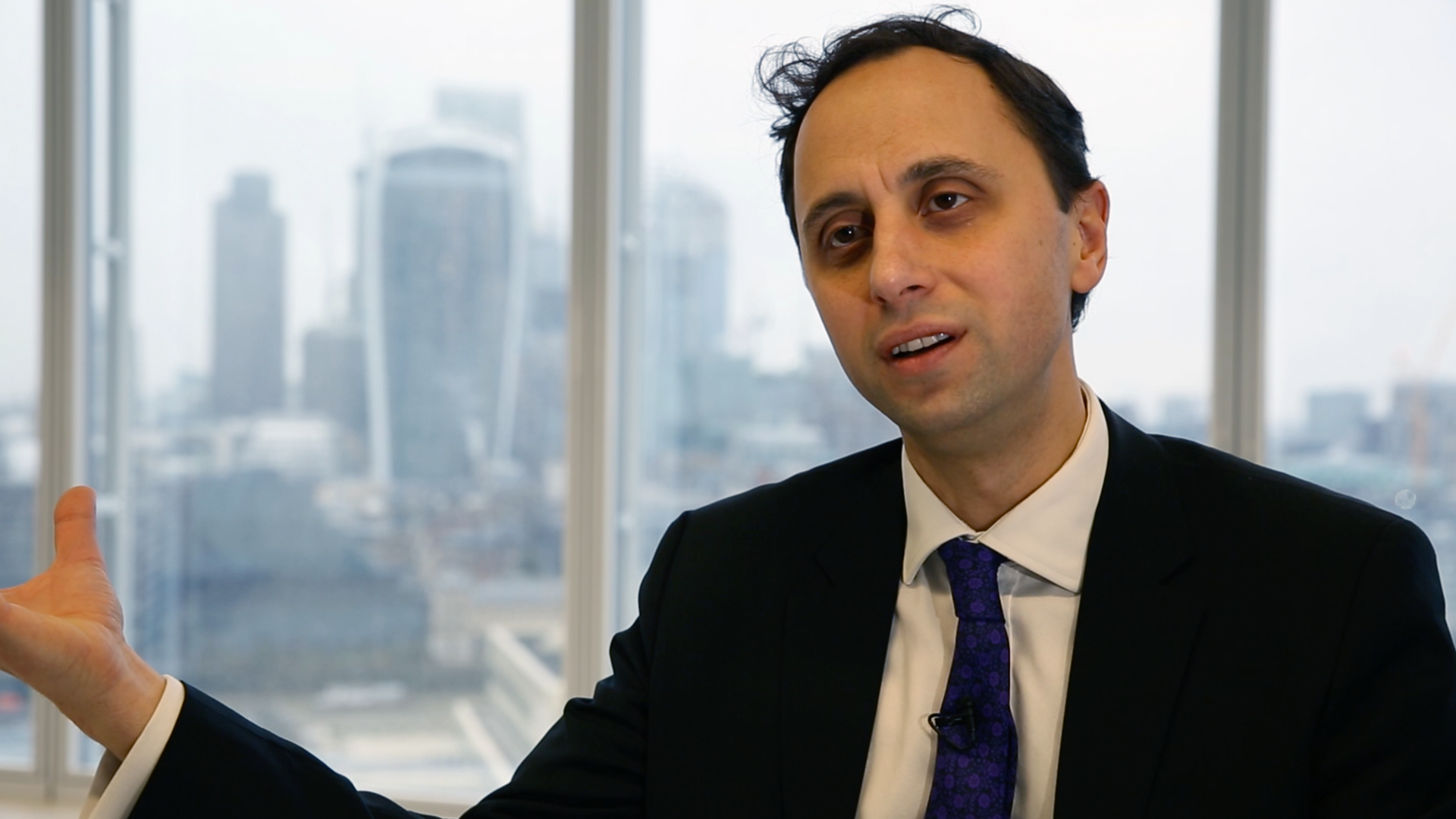Behavioural Scientist Ivo Vlaev looks at whether short-termism is an evolutionary trait in our Decodes: Short-termism.
‘Good intentions rarely turn into real actions, because of short-termism and the temptations we face on a daily basis. We cannot really control this so-called automatic systems in our brain, because during our history and evolution if you avoid consuming immediate rewards you might not find payoffs later on. So there’s kind of a tendency or bias towards immediate gratification.
‘Are you like an omnipotent computer similar to Gordon Gekko from Wall Street who is able to stick to his long-term plans in the future and calculate the best course of action or are you more like Homer Simpson victim of his emotional and human brain? 70-80% of our everyday behaviour is run by habits from the automatic brain because it’s very efficient way to run our lives on autopilot.
‘There is a huge savings gap in modern society especially in the United Kingdom. The evidence shows that only one in 10 of us saves enough for retirement – which is around 18% of our income. The ageing population is the curse of moral society; we need income and the state is unable to support this. We definitely need long-term planning in place and to stick to these plans so we’re able to survive comfortably until dying age.’
We’ve worked with a panel of world-leading experts including Behavioural Economist Ivo Vlaev, Life Coach Fiona Buckland, Trends Forecaster Jonathan Openshaw, and Author Lucy Mangan to create this Decodes: Short-termism research.
Behavioural Scientist Ivo Vlaev joined Warwick Business School as a professor of Behavioural Science in 2014. Professor Vlaev received his doctorate (D.Phil.) in Experimental Psychology from the University of Oxford and St. John’s College. He was formerly a Research Fellow at University College London and a Senior Lecturer in Behavioural Sciences at Imperial College London. In 2010, Professor Vlaev co-authored the Mindspace report published by the UK Cabinet Office, advising local and national policymakers on how to effectively use behavioural insights.





